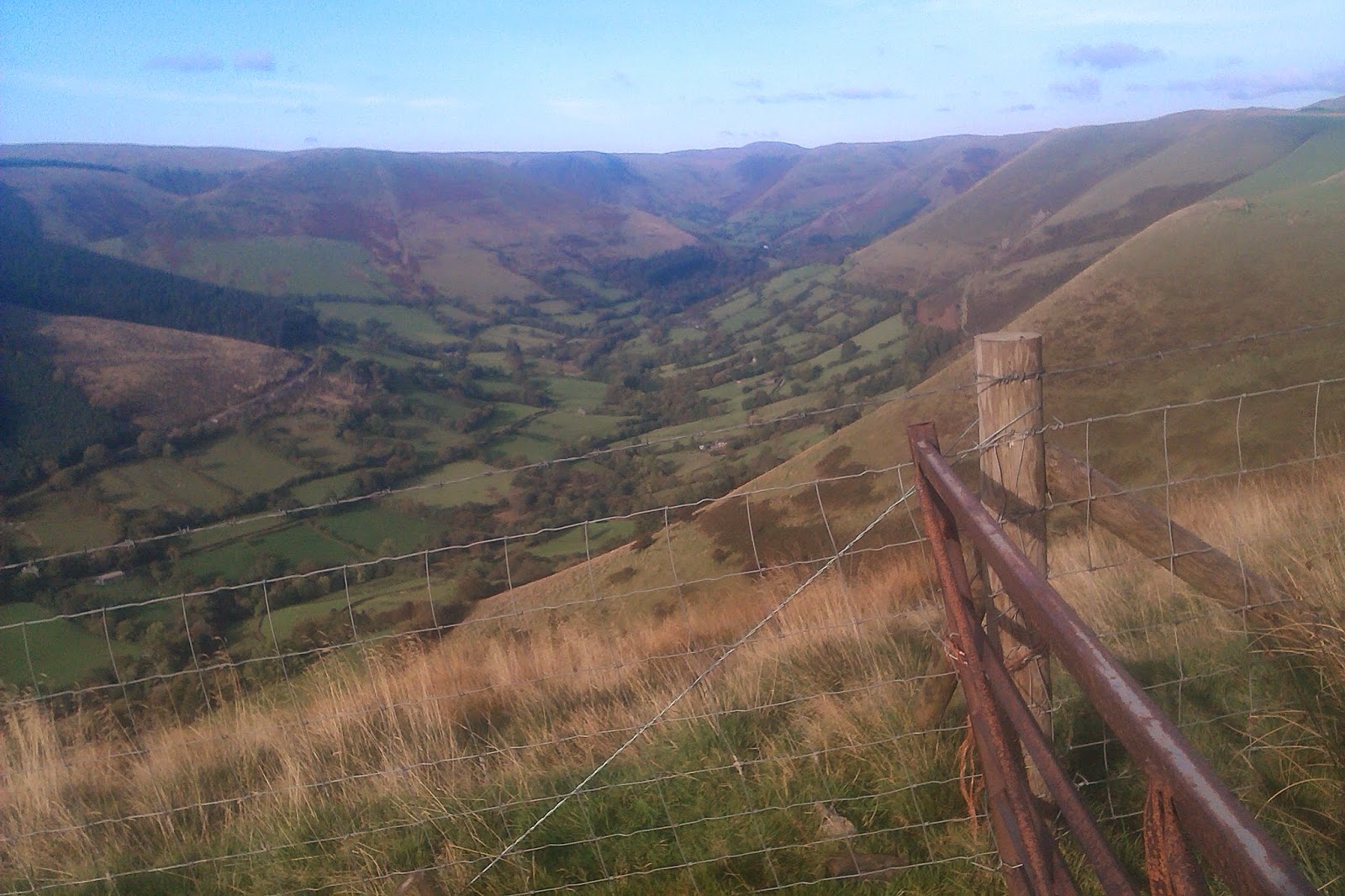| Podded runner beans ready for boiling up |
It has been quite an incredible experience, this
first year growing vegetables for a “living”. Back in March I
really didn't know if anything much would grow at all, in this soil
which has never previously been used for growing. I didn't have a
polytunnel or any panes in my greenhouse (though these were top
priority and by the end of March they were in place). The fact that
most things have grown reasonably well is encouraging; it can only
get better as I improve the soil with lime, manure, compost and
organic fertiliser. And before this year I had never actually sold
anything to anyone, really, certainly not as a trading business, now
my income depends on it.
| Before |
| After |
Through selling salad bags locally I have met
nearly everyone up the nearby Cwm Cewydd lane, and some have become
friends. By having a stall at the local farmer's market I've got to
know all the other regular traders, as well as getting my face known
by the people from the village, again some of whom have become
friends, inviting me over to dinner occasionally. Beginning to
attend the local church has widened my circle further, and given me a
chance to play the piano! The Mach veg bag scheme has been a great
way to meet the other veg growers in the neighbourhood, and we've all
been able to encourage each other by cooperating in this way. And
although I'm on the periphery of the Mach social scene, being
thirteen miles out, I do occasionally get invited to parties!
| Red cabbages |
From time to time someone enquires whether what
I'm doing is sustainable, by which of course they mean financially,
not ecologically. It is a very good question. Everyone knows that
there's no money in veg. Of course if you asked the same question to
a large-scale farmer, you might find that their business is only
tenable due to subsidies which sadly are not (yet) available to
small-scale growers despite the fact that the environmental impact is
tiny in comparison (and arguably has a positive impact on
biodiversity if the right permaculture practices are followed). Also
not many businesses are profitable in their first year, so the proper
answer is “ask me in a couple of years time”.
But to give you an idea, anyway, here are some
figures. This year (from June to November when I actually had any
crops to sell) my veg business brought in about £1240, largely
thanks to the Mach veg bag scheme. Business expenses were around
£1500, but £1000 of that was the 15 metre polytunnel. I expect to
be bringing in more next year, both because I'll have more growing
space thus more veg, and because I'll be getting better at both
growing and marketing.
I've broken down my earnings by vegetable. Runner
beans win the prize for highest earner, netting me £305 (but then I
did have over two hundred plants!). Second place were the salad bags,
bringing in £179. Courgettes won bronze, with £176, and in fourth
place were tomatoes at £85.
I keep tabs on all my daily expenses so I know
that since I arrived in March I've spent around £2100 on
non-business stuff – mostly food and petrol. Fortunately I've been
able to balance the books by a combination of a) letting out my land
for pheasant rearing, b) doing occasional odd-jobs for people, and c)
registering for Working Tax Credit.
So now it's time to say goodbye - till next spring! I'll continue to blog on my mattswanindorset site over winter so you can't get rid of me completely. Happy winter everyone.
| \the bog will survive the winter without me |





















